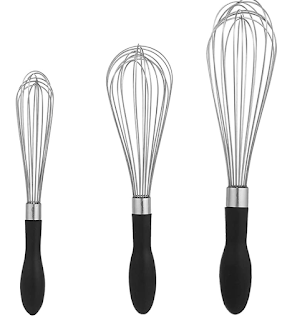Solar Panel Installation Accessories
A Solar Energy System is a Renewable energy generating system that collects
photovoltaic energy from the sun and converts them it into usable electricity. Often
found as roof-top PV arrays, these systems can range in size and are able to
power different types of properties, such as Residential, Commercial, and
Utility scale zones.
Photovoltaic Systems can be used in multiple applications:
standard arrays such as roof-top or ground mount serve to generate energy for a residence or building,
while other non-traditional systems can be utilized to power other objects or
function
Solar Power systems consist of a core set of components such as, Solar Panels, Inverters, DC/AC Disconnects, Meters, Wiring, Racking and Mounting, these are usually grid tied. Some systems Require
additional Components added such as Charge Controllers, Batteries, Additional Balance of Systems items and more, these are usually off-grid.
Solar Panels are the most commonly known
component in a photovoltaic array. Made up of mostly solar cells, framing, and
glass; solar panels work by collecting and harnessing photovoltaic energy from
the sun, and delivering that energy as ‘direct current’ power to an
inverter or converter component
Inverters intake DC power generated by
a solar panel and process that energy by converting it into AC power, the
resulting power can then be sent to a breaker or balance of system component
and is available for standard use. Inverters may be located after a
charge controller and battery bank in certain off-grid energy systems.
Monitoring Equipment Components are usually connected to a
concurrent Inverter manufacturer, and they view and relay system energy
information analytics to a in product console or web connected device through
their proprietary software. Monitoring Equipment components may be integrated into an Inverter, or in
some instances – be connected to another component of a photovoltaic array.
Racking and Mounting components work to ensure a PV array is connected to
either the ground or a roof and is made up of multiple key products that
encompass an entire racking system.
Balance of System components work to combine other electrical products
within the system, then combining and delivering a series of power control and
distribution options for any PV array.
Wiring acts to ensure other solar energy components
are interconnected and can pass energy from one device onto another. PV Wire is
commonly used to move energy from the Solar Modules to the Inverter(s), and
then be transformed to be sent for another product within the photovoltaic
array supply chain.
Charge Controllers work to regulate electrical charge and they limit the
rate at which electric current is added to or withdrawn from the Batteries.
They work to control voltage and watts from Solar Panels; thus, passing through
more stable energy, preventing overcharging and protecting against overvoltage
- which can hinder and reduce Battery performance or lifespan.
Batteries enable the ability to store solar power for
use at a later date. They are used within off-grid or hybrid solar electric
arrays, which require power to be used in the case of lack of available
sunlight (nighttime), unstable power distribution from a utility company, or
lack of access to a utility supplier.









































